Children
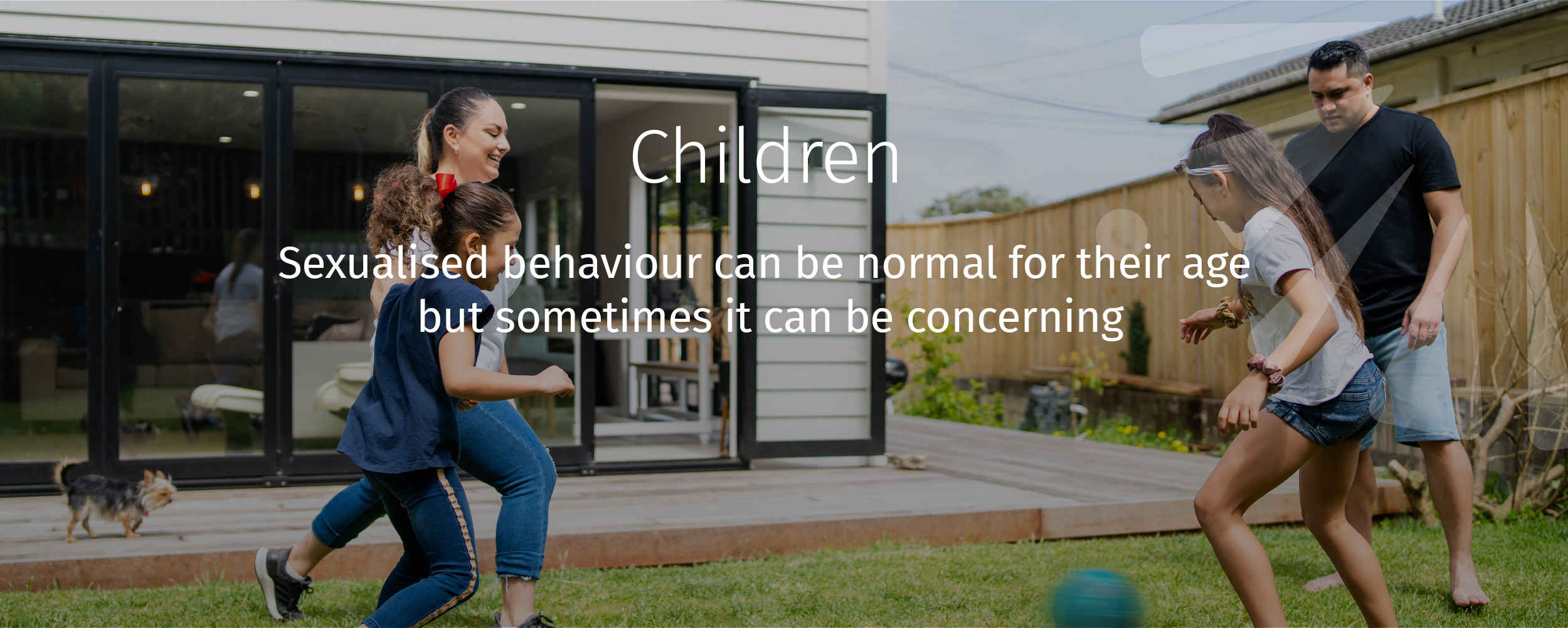
Children - Most children engage in and display a range of sexualised behaviour that is healthy and normal for their age, but sometimes it may be concerning and age-inappropriate
Safe Network's Kaituhura Explorer programme is a specialised service for children aged 5-12 years whose sexualised behaviour is causing concern
Developed in New Zealand and based on the latest research and international best practice, Kaituhura Explorer's flexible and adaptive approach means every child receives support that is individually tailored to their strengths and their therapeutic needs.
Working closely with the child's family, whanau and other professionals ensures every child has the best possible support to change behaviours and move on towards a more positive future.
 able to have healthy and safe relationships with others
able to have healthy and safe relationships with others fewer or no more incidents of concerning or problematic sexual behaviour
fewer or no more incidents of concerning or problematic sexual behaviour managing difficulties in new and healthy ways
managing difficulties in new and healthy ways a greater level of wellbeing and resilience.
a greater level of wellbeing and resilience.
When is sexual behaviour concerning?
It is normal and healthy for children to engage in sexualised behaviours appropriate for their age. However, some behaviours may be age-inappropriate or make others feel uncomfortable, confused or hurt.
- it differs from the behaviours of other children of the same age
- it continues despite repeated requests to stop
- the child appears driven to engage in sexual behaviour regardless of whether or not they will be punished or reprimanded
- other children complain about the child's sexual behaviour or are adversely affected
- the child uses sexual behaviour to hurt, frighten or upset other children
- the child engages in sexual behaviour with children of different ages or developmental levels
- the child uses force, threats, bribery or coercion to get another child to participate in sexual activities
- the child forces another child to keep the sexual behaviour a secret
- the sexual behaviour increases in frequency, intensity or intrusiveness over time
- the child's sexual behaviour is directed at adults who feel uncomfortable about it
- the child has manual, oral or genital contact with animals
- verbal or physical expressions of anger precede, follow or accompany the sexual behaviour.
“Our son now has direction and is looking forward to the future. He is also much wiser in choosing friends”.
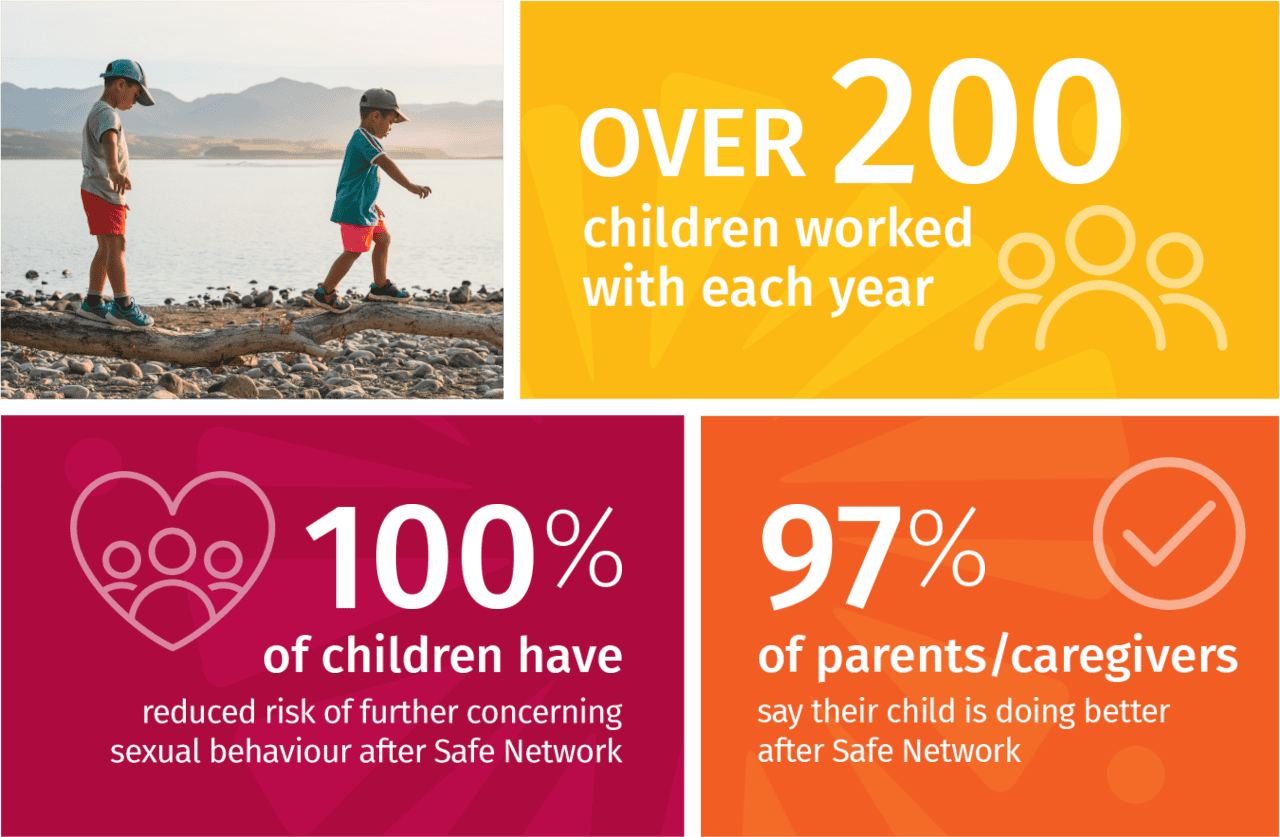
How can Safe Network help?
Safe Network's Kaituhura Explorer programme is designed specifically for children aged 5 to 12.
A flexible, strengths-based programme, it can be adapted for each child to best reflect their age, culture and gender, as well as their preferred communication and learning styles.
The flexibility of Safe Network's Kaituhura Explorer programme enables us to provide services to:
- boys
- girls
- gender diverse children
- neuro-diverse children
- children with special needs
- children from different cultural and language groups.
Our multi-disciplined children's team includes art therapists, counsellors, psychologists, psychotherapists and social workers, who utilise a wide range of techniques and therapeutic approaches to engage and support the children they work with.
Because the Kaituhura Explorer programme is tailored to the individual child's needs, it can vary in duration and focus. Some children may only require a brief intervention that focusses on strengthening their environment and helping the adults in their life support positive, safe behaviours. Other children may need a more intensive programme of one-on-one therapy and family sessions, typically up to six months in duration.
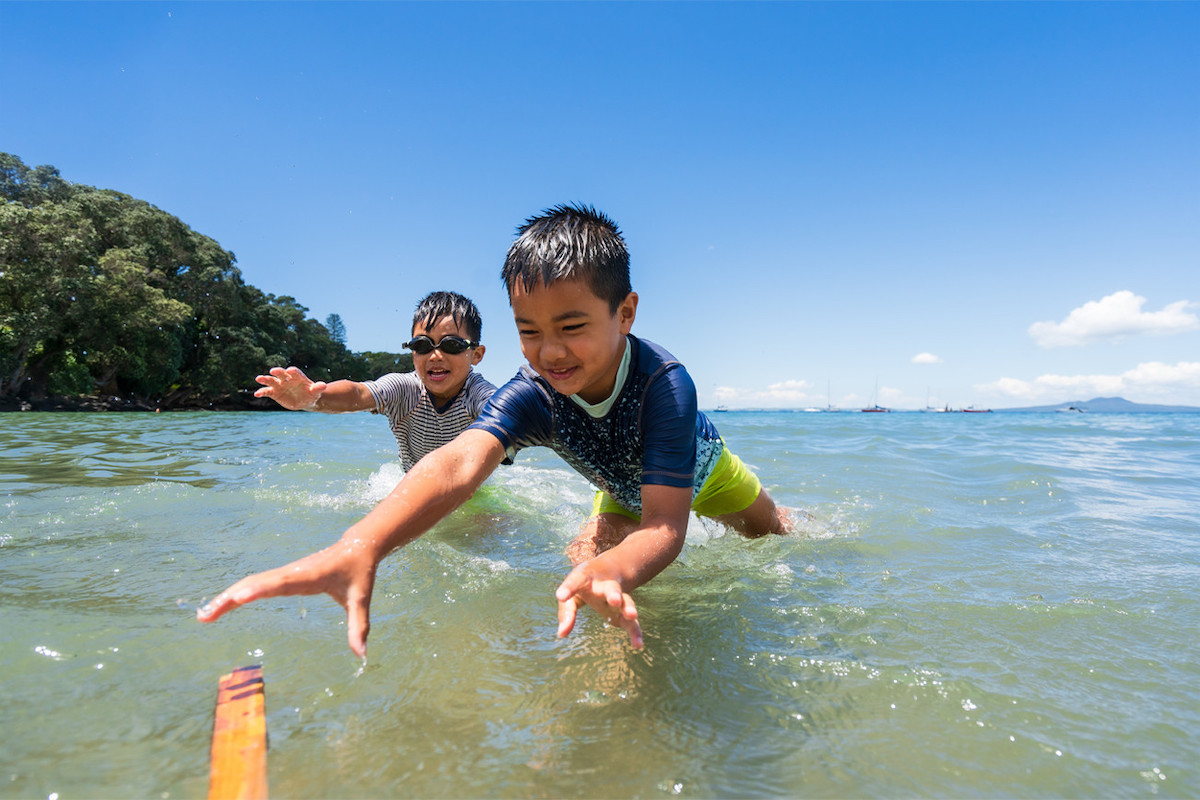
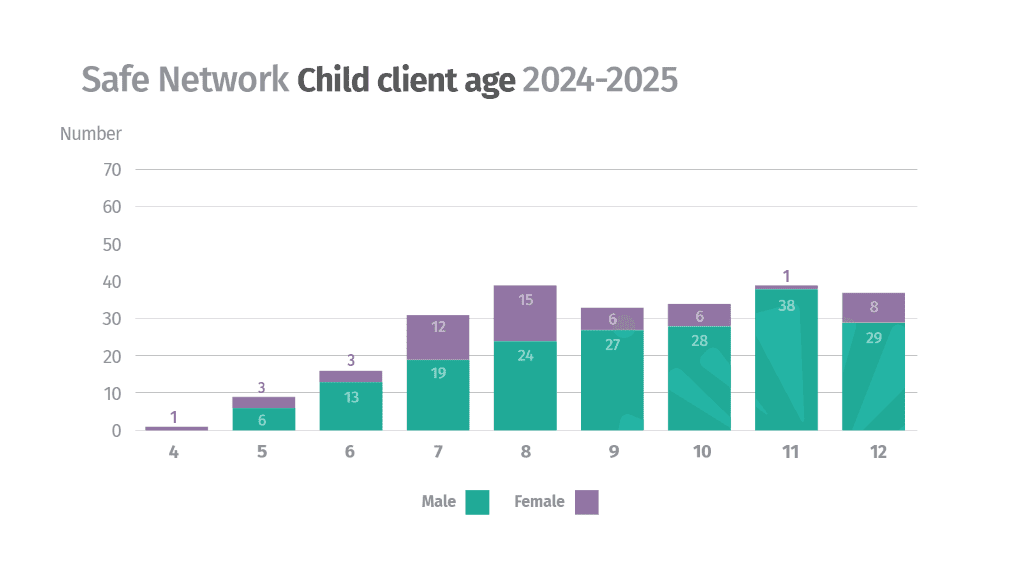
“Our son has a far more positive self and reflecting far more. Much happier and safer.”
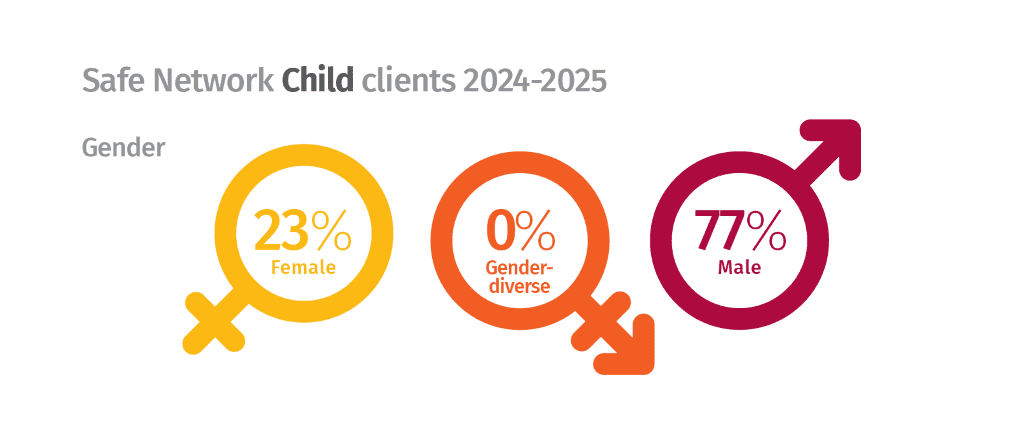
“By providing a safe environment, we help children work through those things driving their behaviours and learn new ways to express themselves and meet their needs without engaging in further concerning or harmful sexual behaviour.”
Within the Kaituhura Explorer programme Safe Network can offer the following targeted services:
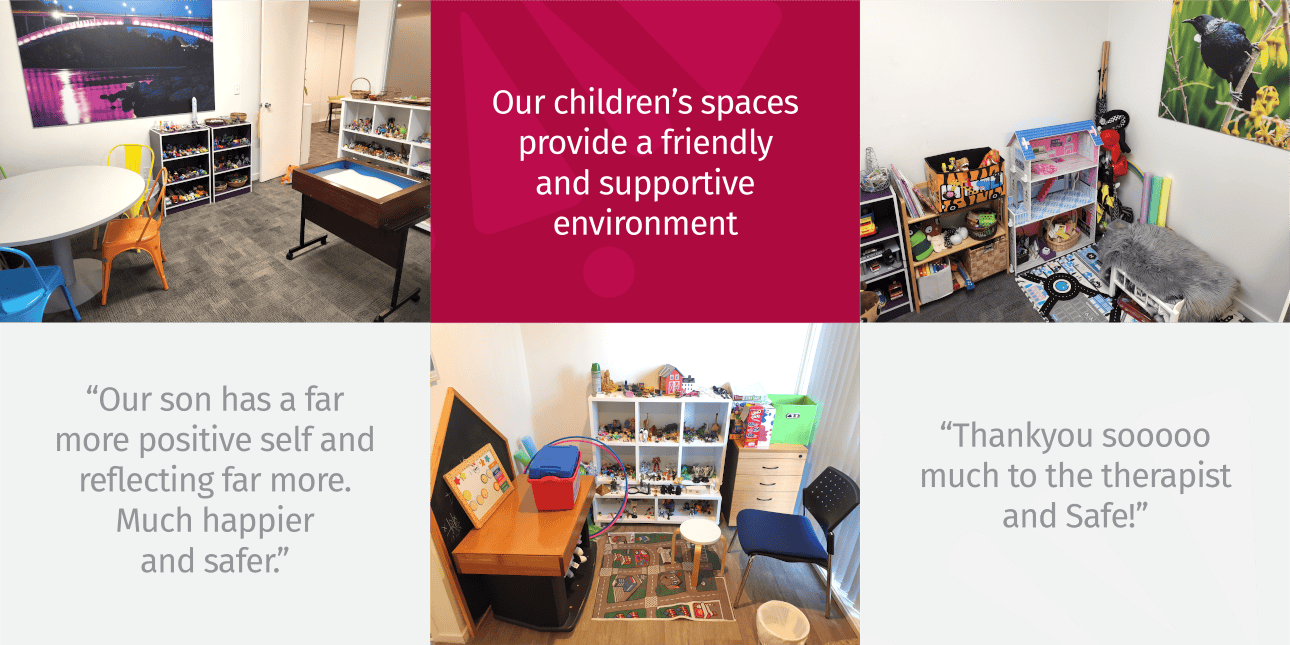
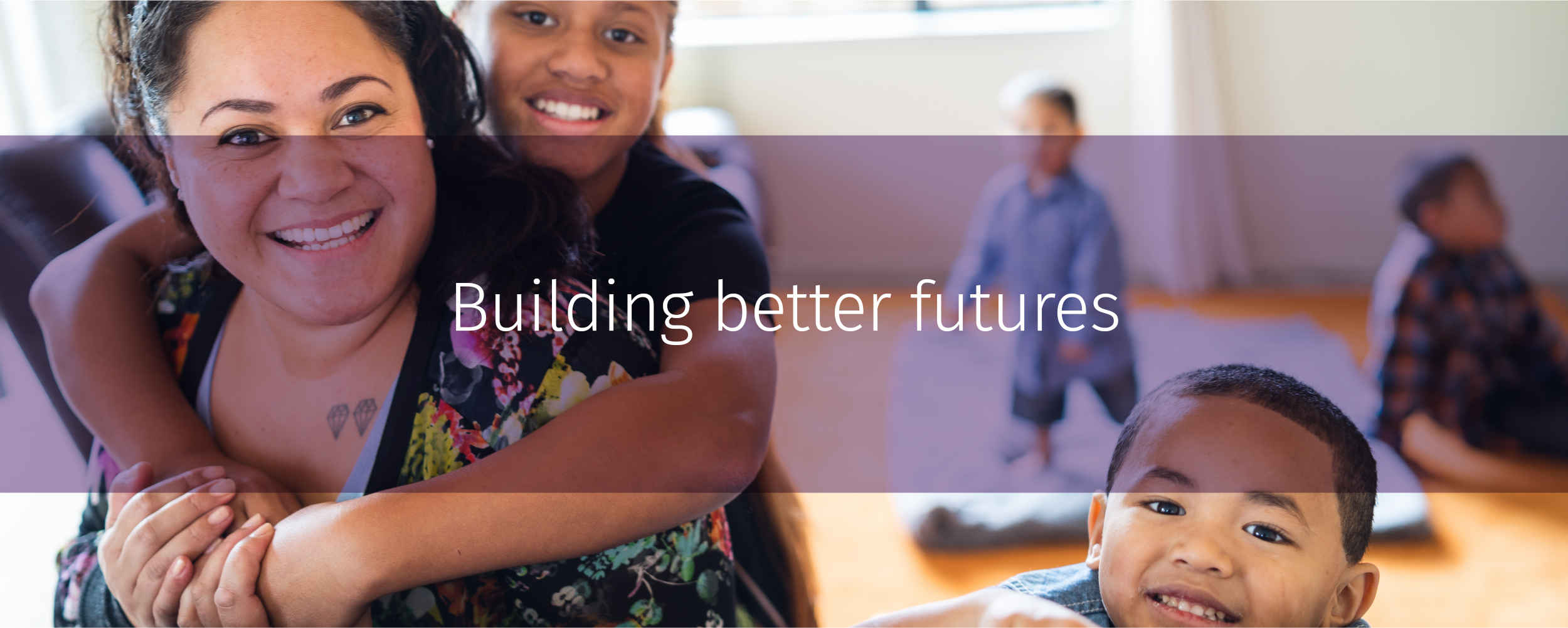

What is the process?
We want children to get the help they need, when they need it.
Safe Network's Kaituhura Explorer programme is open to referrals of children from government agencies, community organisations, schools, health professionals, parents and caregivers. Oranga Tamariki fully funds a fixed number of places on the programme and there is no charge for either the referrers or families of children who take one of these places. If all funded places are filled, then there is the choice of being waitlisted until a funded place becomes available or paying services directly.
Pricing for Children's Services Information SheetThe first step in the process is for those wanting to refer a child to complete a referral form.
Children's Services Referral FormOnce we receive the referral form, we undertake an initial review to identify whether Safe Network's services are right for the child, and how best we can help meet their needs. Before we can start working with a child, we require an appropriate adult to provide consent on their behalf.
Consenting to Services for Children Information SheetWhere the needs are less acute, the child may be accepted directly into our brief intervention service that focusses on the child's environment and helping the adults in their life support positive, safe behaviours.
For children with a higher level of need, we undertake a more comprehensive assessment, looking in more detail at information about their history and the sexualised behaviour causing concern. The assessment will typically cover a range of areas including personality traits, the child's strengths, resources available to support the child, the current issues and barriers they face, the effects and impact of their sexual behaviour on themselves and others, the safety of everyone concerned and the overall needs of the family, support network and community. Along with the child themselves, we also engage whanau, family members, caregivers and other professionals in this process.
“Our vision is to reduce the incidence and effects of concerning, problematic and harmful sexual behaviour in New Zealand, particularly towards or involving children and young persons.”
The assessment process can vary depending on the client but usually involves the following steps:
STEP 1 - Two or three interviews with the child and key family members or support people
![]()
STEP 2 - Collection of information and reports from other agencies or professionals who may be involved e.g. Oranga Tamariki, schools, other professionals
![]()
STEP 3 - Completion of questionnaires by the child and their adult family member or other support people.
Once the assessment process is complete, a detailed and confidential report is provided, confirming whether or not Safe Network's service are suitable for the child and recommending next steps. Subject to confidentiality provisions, a copy of this assessment report and recommendations will be sent to the referring agency or other appropriate people.
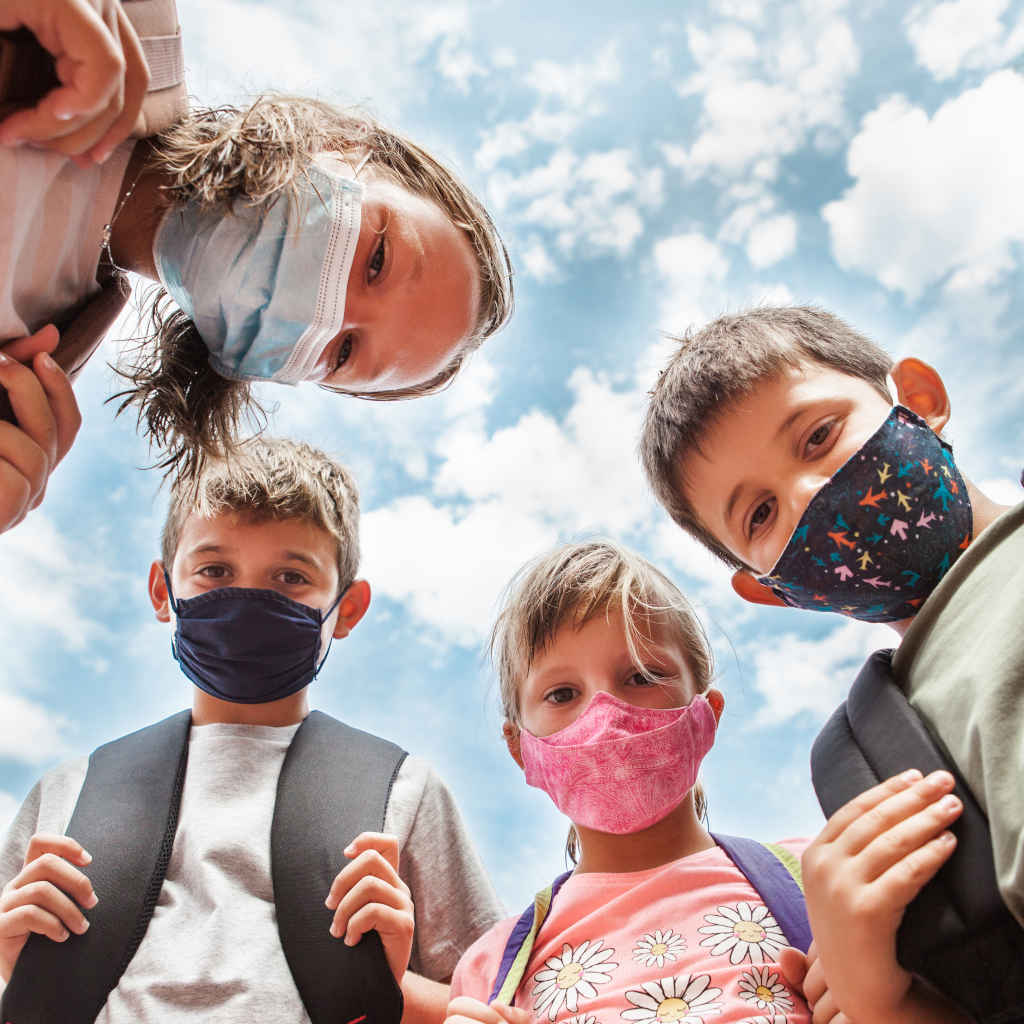
If the child's parent or guardian accepts our recommendation that the child takes part in our Kaituhura Explorer programme, the child will then be assigned one of our specialist clinicians to provide therapy and manage their progress through the programme. The duration of therapy for children varies based on the child's needs, but is typically around six months.
Therapy generally includes:
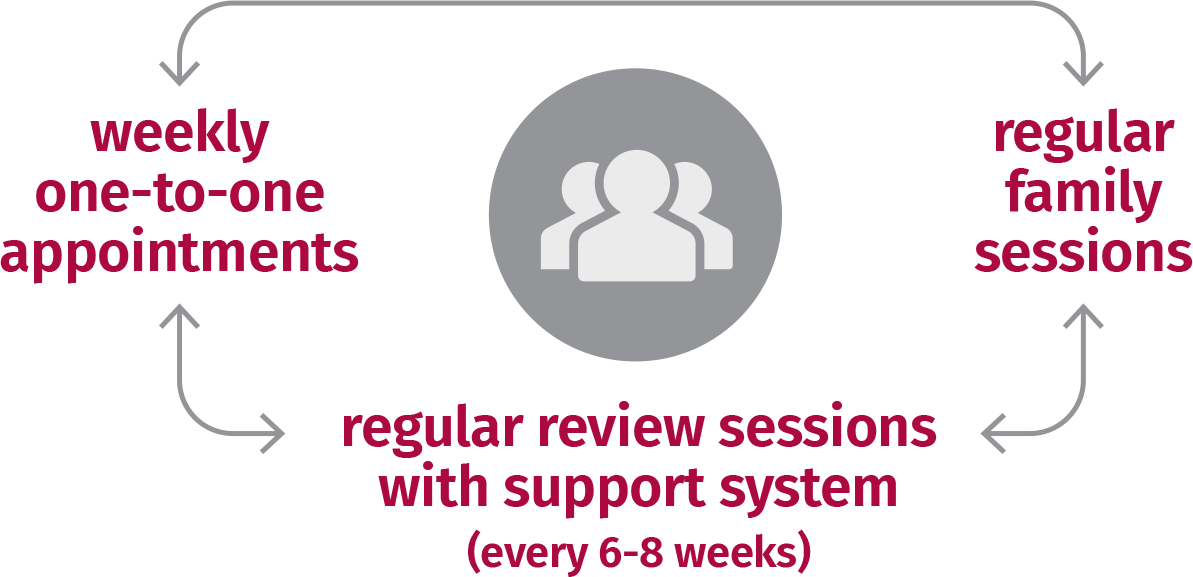
Our goal is to work with our child clients so that when they complete their therapy they are able to lead safe, balanced, and healthy lives with positive connections to family/whanau and wider community.
“We achieve results by providing a safe environment.”
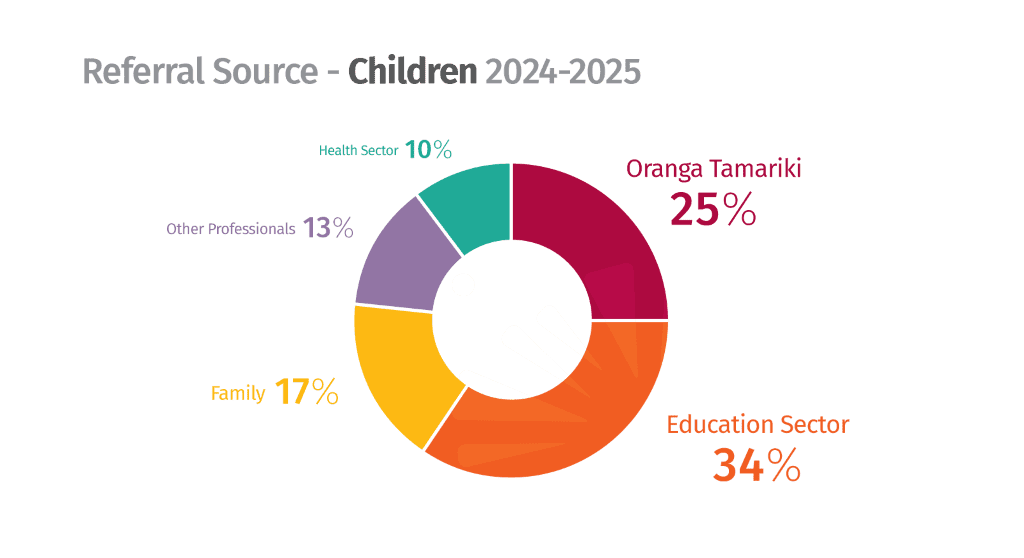
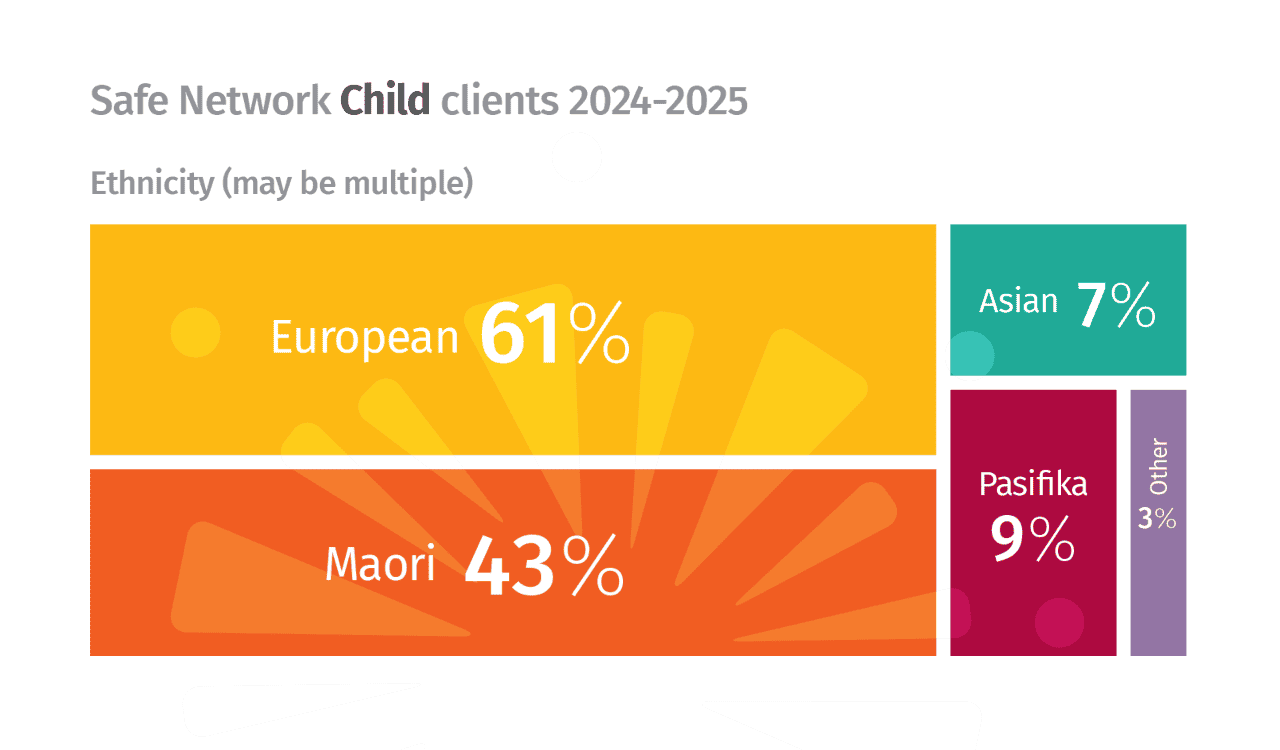
Making a difference
Sione
Sione*, a 12-year-old boy was referred to Safe Network for concerning sexual behaviour within the school environment, at a public park and on the internet. READ MORE Sione had learning challenges due to autism and past trauma. Following completion of his therapy at Safe Network, Sione was able to engage in more open conversations with his family about his daily life and how he was feeling, express his anger in more positive ways and regulate his behaviours more effectively. He became a role model for his younger siblings and there were no more incidents of concerning sexual behaviour. READ LESS
Noah
Noah*, a 9-year old boy was referred to Safe Network because of his sexualised behaviours towards adult men. READ MORE Noah had experienced a number of adverse events in his life including abuse, being uplifted and the death of his primary caregiver. Safe Network worked with Noah's guardian, providing information to help them understand Noah's behaviours and guidance around setting boundaries for him. We also worked with other agencies to make sure Noah and the family received the support they needed. READ LESS
Charlotte
Charlotte*, a 12-year old girl had been referred to Safe Network because of pornography use, the sharing of sexually explicit materials through social media and the use of highly-sexualised language at school. READ MORE Charlotte had experienced trauma in her life and had also self-harmed. Safe Network worked extensively with both Charlotte and her estranged parents to reduce the level of parental conflict she was exposed to, improve communication between family members and strengthen problem-solving skills. As a result, Charlotte's behaviour improved markedly. Her relationships with family members improved, she got more involved in prosocial activities and her sharing of explicit material ceased completely. READ LESS
Nikau
Nikau*, a 7-year old boy was referred to Safe Network after engaging in a range of concerning sexual and non-sexual behaviours. READ MORE Nikau had some mental health challenges and his parents had struggled to manage his behaviours effectively. Safe Network worked with Nikau around managing his behaviours, while supporting his parents to introduce consistent rewards and consequences for his behaviour. We also liaised with Nikau's school, identifying both the good and concerning behaviours to be monitored and reported to Nikau's parents for the reward system. Nikau's behaviour at school improved markedly and school became a positive experience for him. READ LESS
Ryan
Ryan*, an 8-year old boy was referred to Safe Network following a series of concerning sexual behaviours for a number of years. READ MORE Contributing factors included Ryan's ADHD, early trauma and insecure attachment with his mother, who he had repeatedly demonstrated physical aggression towards. Safe Network's intervention focused on nurturing the attachment relationship between Ryan and his mother, which led to marked improvements in Ryan's behaviour and in this relationship. His emotional regulation and ability to cope with stress improved, and there were no further incidents of concerning sexual behaviour. READ LESS
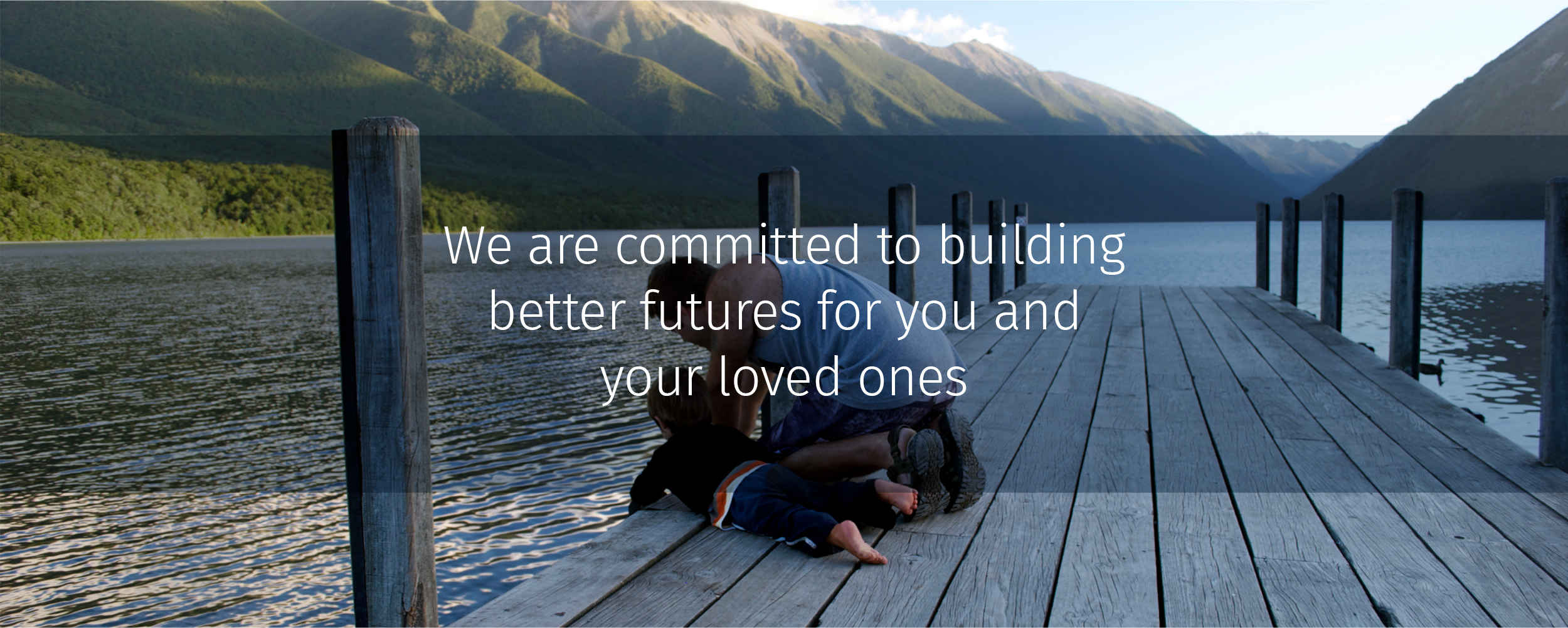

FAQs
Do Government agencies such as Oranga Tamariki need to be involved in making a referral to Safe Network?
Is this service confidential?
Safe Network will keep all client information confidential except where you have consented for it to be released to a third party, where we are required to disclose it by law or where we raise a notification of concern. Refer to our Privacy Policy - Children and our Child Protection Policy. We will only talk to people you have given us consent to contact.Are there online options?
Online services are generally not suitable for children and we prefer to engage with children in face-to-face sessions.
Online Services for ClientsCan we get appointments outside of school or work hours?
Yes, subject to availability.If my child has sexualised behaviour, does that mean that they have been sexually abused?
No. Concerning sexualised behaviour in children can result from one or more of a wide range of contributing factors, with sexual abuse being just one of these.What are your requirements for consent for your service?
Informed consent is a legal requirement for all health services. With children this generally requires an appropriate adult to consent on their behalf. More information about consenting for children’s services is provided in the following information sheet.
Consenting to Services for Children Information SheetDoes your service work?
Yes. Feedback from family and whanau is unanimous about the positive difference Safe Network's programme has made for their child and their family.How much will it cost?
Current pricing for children’s services (incl. GST) is provided in the following information sheet.
Pricing for Children's Services Information Sheet

